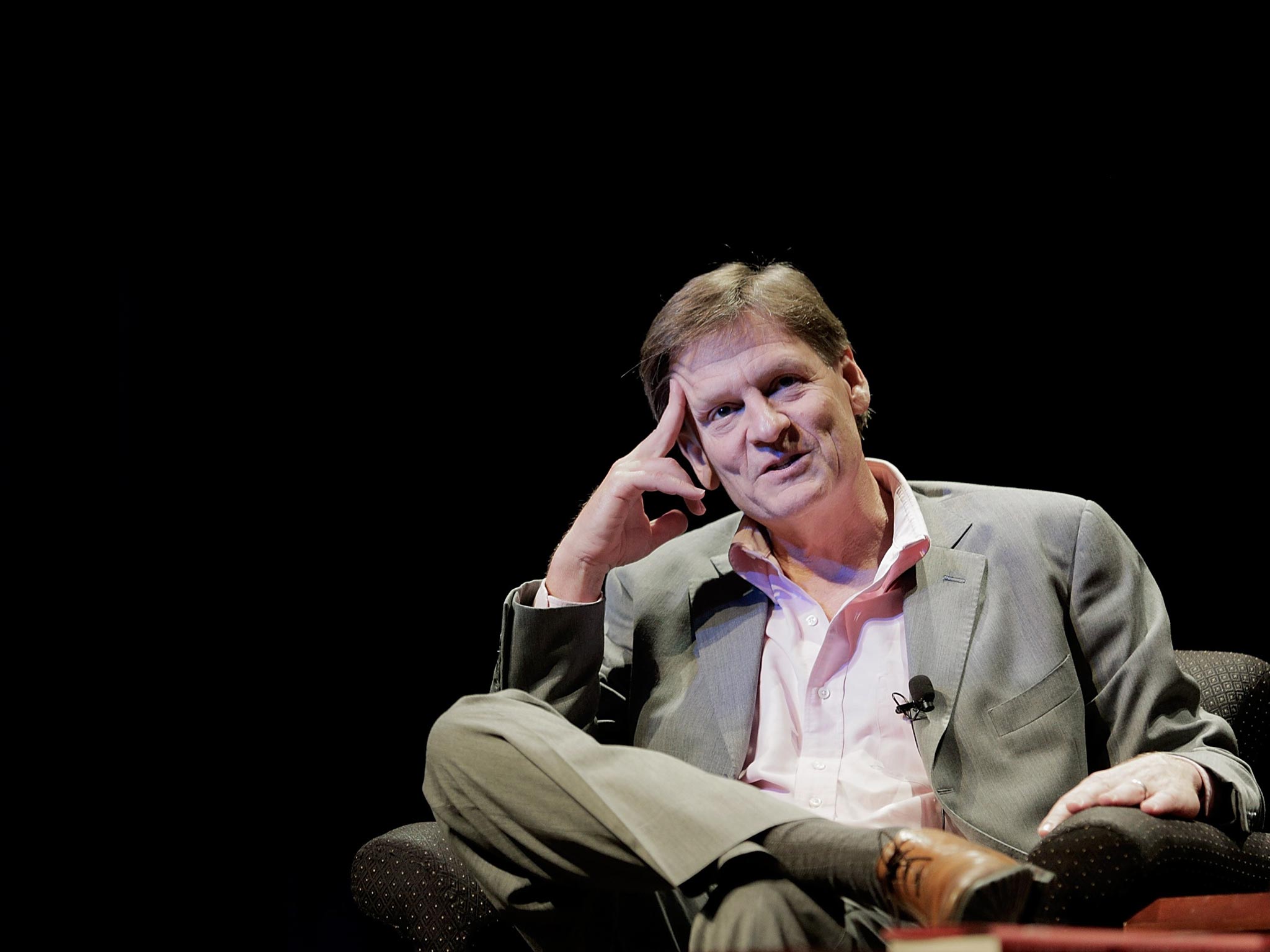High-frequency trader halts $3bn float as FBI probes ‘flash boys’
Virtu Financial delays share sale as spotlight falls on controversial practice

One of the world’s biggest high-frequency traders has shelved plans for a $3bn (£1.8bn) float amid an FBI probe and a furore whipped up by bestselling financial author Michael Lewis’s exposé of the controversial practice.
Virtu Financial had planned to raise about $200m by listing shares in New York, valuing it at around $3bn. But the planned offering, due next week, has now been postponed following a welter of unfavourable publicity.
Mr Lewis’s Flash Boys: A Wall Street Revolt paints a damning picture of high-frequency trading. The book sold 130,000 copies in its first week in the US this month.
The reaction to Flash Boys and various investigations into high-frequency trading in the US by the FBI and New York attorney general, Eric Schneiderman, coincided with Virtu’s planned float. It had planned to market the float earlier this month but this is now reported to have been delayed indefinitely; Virtu was unavailable for comment. It is understood that the trader has not withdrawn the paperwork for the float, so it could be restarted when market conditions are more favourable.
Mr Schneiderman has subpoenaed six high-frequency trading firms including Chopper Trading and Tower Research Capital, and sent a letter to Virtu requesting information.
Concerns have been raised over HFT – when dealers trade in extremely high volumes and buy and sell shares in a millisecond using complex algorithms to profit from minute price discrepancies across markets. Mr Lewis, and opponents of the practice, claim the stock market has been “rigged” by tech-savvy insiders using supercomputers and high-speed networks, which allow them to buy stocks milliseconds in advance of investors who had made the original order, pushing up the price.
But supporters of high-speed dealing defend it as a way to introduce more liquidity into a stock market. Madison Avenue-based Virtu said it has “humble beginnings” in the New York Mercantile Exchange, where its founder Vincent “Vinnie” Viola began his career. Mr Viola was chairman of the Nymex between 2001 and 2004; he set up Virtu in 2008.
Virtu’s move comes after the European Union set out plans for stricter regulation of high-frequency trading earlier this week. Financial services commissioner Michel Barnier said the practice had benefits but “we need to make sure that it doesn’t cause instability”.
The new EU rules will force traders to have their algorithms tested and be subject to regulation, and the minimum increments in prices at which shares trade from becoming too small to prevent a race to the bottom, where trading platforms offer the smallest tick sizes to attract high-speed traders. Marketmakers who quote buy and sell prices for shares will also be obliged to remain in the market for a minimum period to ensure liquidity and prevent volatility.
However, proposals for a “minimum resting period” originally demanded by the EU – which would have required a share order to stay on an order book for 500 milliseconds and effectively kill off HFT – were dropped last year.
Subscribe to Independent Premium to bookmark this article
Want to bookmark your favourite articles and stories to read or reference later? Start your Independent Premium subscription today.

Join our commenting forum
Join thought-provoking conversations, follow other Independent readers and see their replies